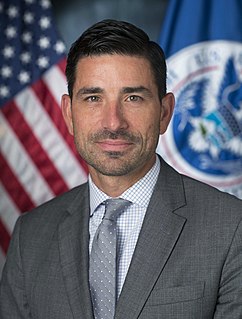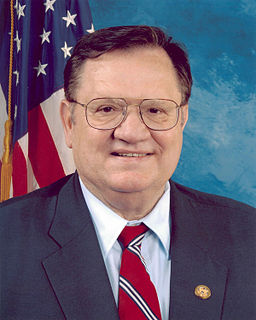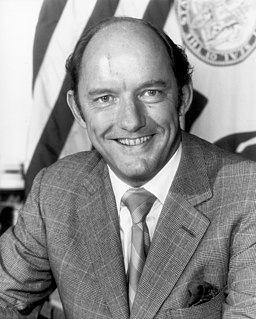A Quote by Chad Wolf
Declaration of Independence, mankind was divided into nations by ethnicities and tribes.
Related Quotes
The Declaration of Independence was only partially applied for women and for certain immigrants such as the Chinese. And it wasn't applied to get rid of corporate welfare and cronyism. People who had special connections got special deals from the beginning. So all of those violations of what the Declaration of Independence expressed, have led to the problems we have today. So, the sins of the fathers are visited upon the sons for seven generations, or much longer. Forever.
The Declaration of Independence and the Constitution of these United States are covenants we have made not only with ourselves, but with all mankind. Our founding documents proclaim to the world that freedom is not the sole prerogative of a chosen few. It is the universal right of all God's children.
The thing to remember about the Declaration of Independence and the profession of freedom is that it was written by people who were quite free and who were surrounded by people who were not free. The people who wrote the Declaration of Independence were ventriloquists really. The obsession with freedom makes no sense when it applies to them.
We stand today at the threshold of a great event both in the life of the United Nations and in the life of mankind. This declaration may well become the international Magna Carta for all men everywhere. We hope its proclamation by the General Assembly will be an event comparable to the proclamation in 1789 [of the French Declaration of the Rights of Man], the adoption of the Bill of Rights by the people of the U.S., and the adoption of comparable declarations at different times in other countries.
The inconsistency of the institution of domestic slavery with the principles of the Declaration of Independence was seen and lamented . . . no insincerity or hypocrisy can be fairly laid to their charge. Never from their lips was heard one syllable of attempt to justify the institution of slavery. They universally considered it as a reproach fastened upon them by the unnatural step-mother country and they saw that before the principles of the Declaration of Independence slavery, in common with every other mode of oppression, was destined sooner or later to be banished from the earth.



































